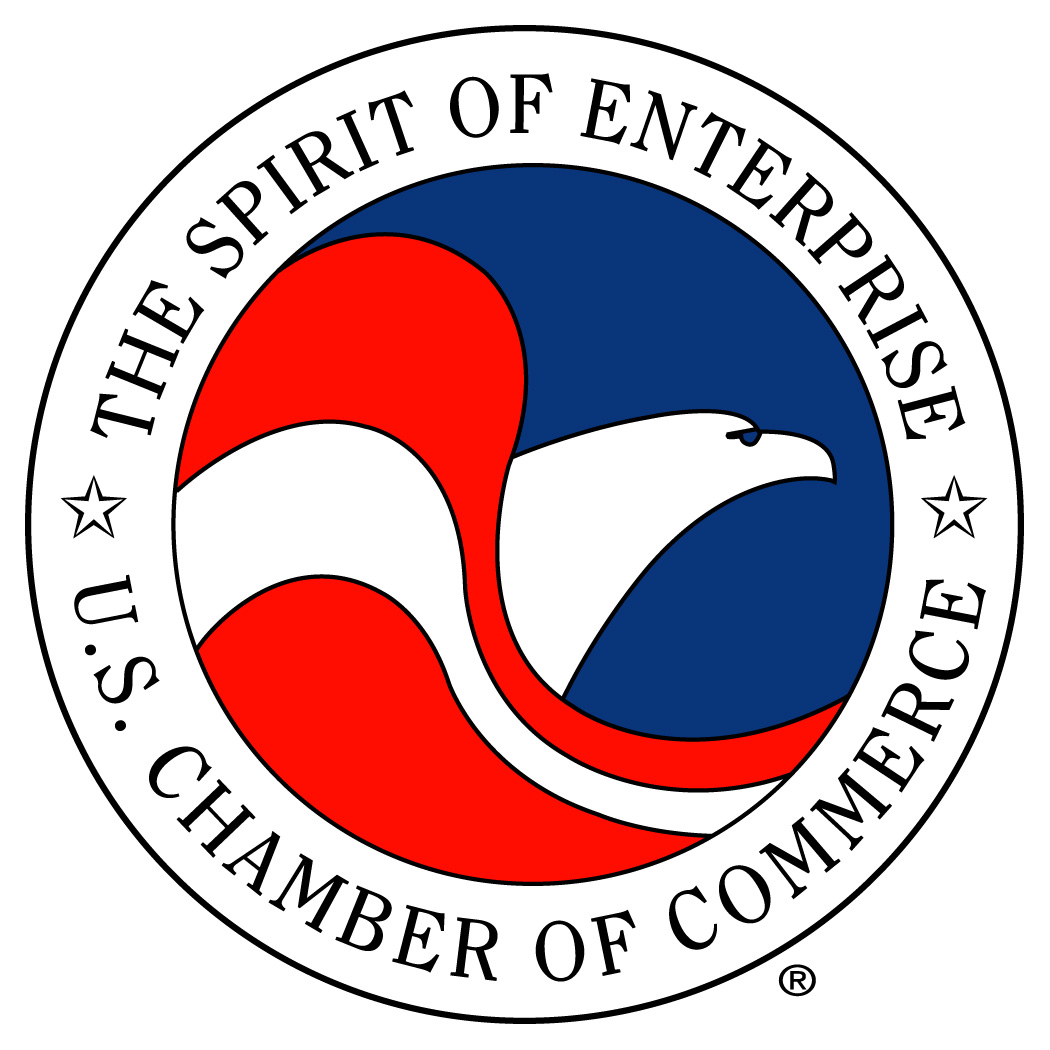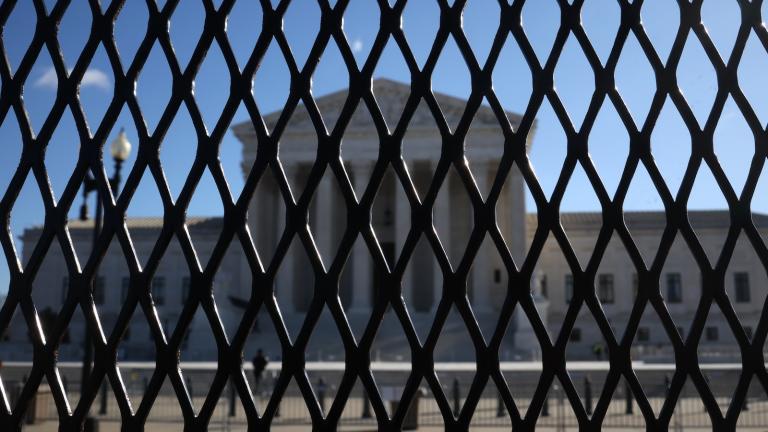John Broder has an illuminating story in today’s New York Times, “Storm Over the Chamber” discussing the U.S. Chamber of Commerce’s climate crisis and how Thomas Donohue’s style exacerbates it.
Tellingly, the story begins with an anecdote that suggests where the U.S. Chamber gets its tin ear.
BACK in the 1990s when Thomas J. Donohue was president of the American Trucking Associations, a subordinate raised a question at a staff meeting.
Some of the association’s members, the aide said, wondered whether it was really necessary for the group’s president to fly on a private jet.
Mr. Donohue, a scrappy Irish-American born in Brooklyn and raised on Long Island, turned to his chief of staff and asked how many seats his jet had. “Well, eight, sir,” the aide said. “Tomorrow morning I want you to call and get a 12-seater,” Mr. Donohue shot back. The subject never came up again.
The U.S. Chamber has demonstrated a similar lack of interest in exploring the concerns of its members when it comes to climate change.
Although it has at least made an effort — schizophrenic though it might be — to at least sound as though it isn’t as out of step as it really is. We’ve been keeping a close watch on the Chamber’s rhetoric, through our ad this week and our “WhoDoestheChamberRepresent.org” website and in recent blog posts (here and here.)
Alas, despite the Chamber’s change of tone, it has yet to change the tune. As the New York Times reported
Mr. Donohue would not agree to an interview for this article but provided written answers by e-mail to a number of questions about the chamber’s climate change position…
Mr. Donohue said that the chamber had a series of basic principles by which it would judge any legislation on climate change. It supports new nuclear plants, increased domestic oil and gas exploration, research on capturing and storing carbon dioxide emissions, new efficiency measures and provisions to control cost increases associated with emissions reductions. It has not expressed support for any proposals to impose a mandatory cap on greenhouse gas emissions. (emphasis added.)
Aside from wondering why Mr. Donohue suddenly got so shy about talking to a reporter, I couldn’t help but notice the last sentence, which gets to the heart of the questions we’ve been raising about the U.S. Chamber position.
Does this mean that the U.S. Chamber won’t support a mandatory cap?
Or is the Chamber keeping the door open to the possibility it will at some point support a cap?
Or is the Chamber just really never going to support serious climate policy, but is trying to avoid saying so?
While we wait for answers, in light of the fact the Chamber has “not expressed support for any proposals to impose a mandatory cap on green house gas emissions,” how does the Chamber explain its agreement “that the objectives outlined in [Senator Kerry and Graham’s NYT] editorial can serve as a solid, workable, commonsense foundation on which to craft a bill,” considering that the Senators stated their main purpose is “advocating aggressive reductions in our emissions of the carbon gases that cause climate change”?
UPDATE: Marc Gunther names Tom Donohue “America’s Worst CEO.” Find out why.
This post originally appeared on Pete’s Switchboard blog.




